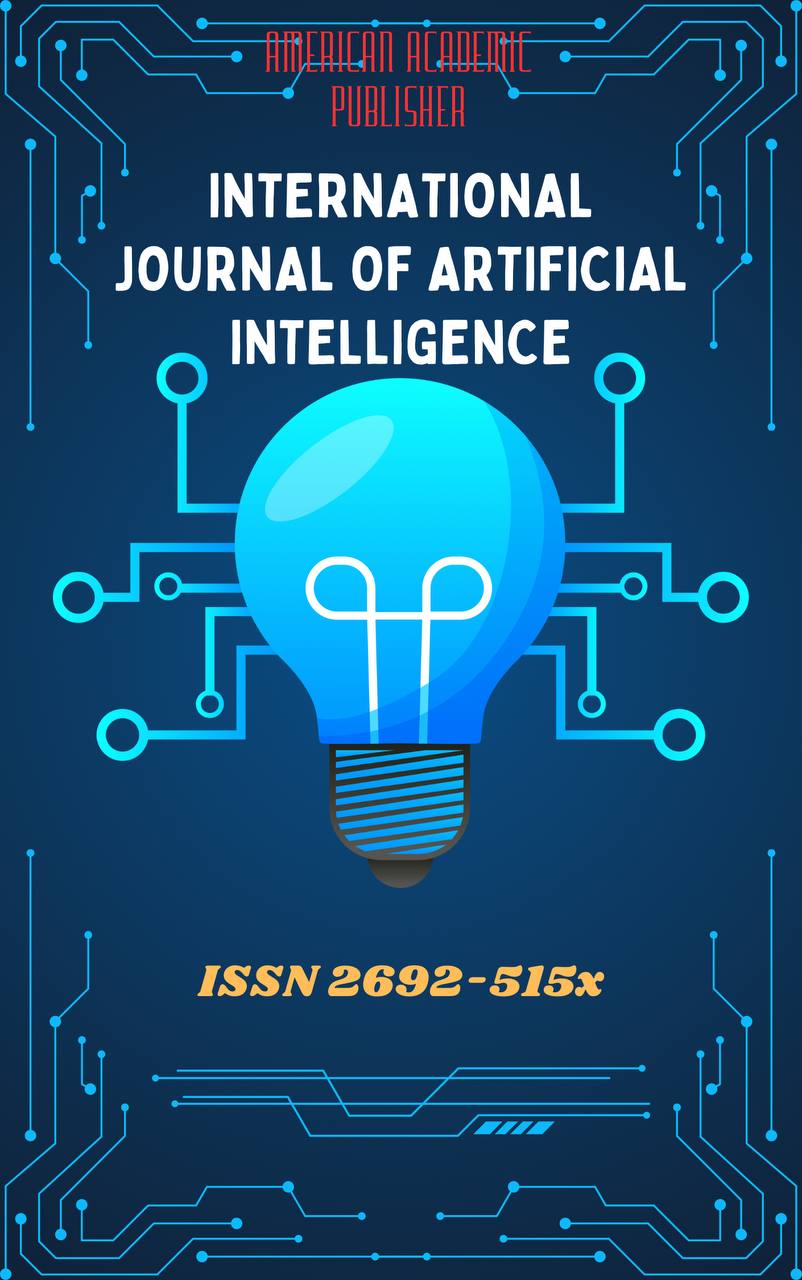 Articles
| Open Access |
Articles
| Open Access | TRANSLATION CHALLENGES: ADEQUATE TRANSLATION AND SEMANTIC DIFFERENCES IN UZBEK, RUSSIAN, AND TURKISH PROVERBS
Ismagilova Madina Faridovna,Ozodova Oyshajon Kudratovna , Urgench State Pedagogical InstituteAbstract
This article addresses the challenges related to translating Uzbek, Russian, and Turkish proverbs. Special attention is paid to semantic differences, cultural context, and the problem of translation adequacy. Examples with linguocultural analysis and translation strategies are provided.
Keywords
translation, proverbs, semantics, adequacy, Uzbek language, Russian language, Turkish language
References
Komissarov V.N. Translation Theory (Linguistic Aspects). Moscow: Vysshaya Shkola, 1990.
Vinay J.P., Darbelnet J. Comparative Stylistic Study of French and English. Moscow: Progress, 1990.
Nida E. Translation Theory: Between Languages and Cultures. Moscow: Gardariki, 2001.
Tursunov Sh. Uzbek Proverbs as an Object of Linguocultural Analysis. Tashkent: Fan, 2012.
Komissarov V.N. Translation Theory. Moscow: Vysshaya Shkola, 1990.
Nida E. Toward a Science of Translating. Leiden: Brill, 1964.
Darbelnet J., Vinay J.P. Stylistique comparée du français et de l’anglais. Paris: Didier, 1958.
Abdullaeva M. Preserving National Features in the Translation of Uzbek Proverbs. Tashkent, 2016.
Karasik V.I. Language Circle: Personality, Concepts, Discourse. Volgograd: Peremena, 2002.
Yıldız A. A Comparative Study of Turkish Proverbs and Idioms. Istanbul: Kültür Yay., 2005.
Article Statistics
Downloads
Copyright License

This work is licensed under a Creative Commons Attribution 4.0 International License.

